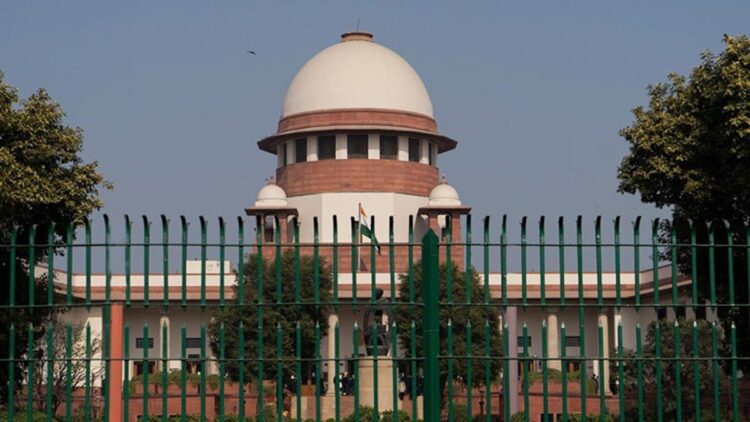On Tuesday, the Supreme Court upheld the constitutional validity of the ‘Uttar Pradesh Board of Madarsa Education Act 2004’ and set aside the Allahabad High Court’s judgement which had struck it down previously. Notably, the High Court erred in striking down the Act on the ground that it violated the basic structure principle of secularism, the Supreme Court held. A statute can be struck down only if violates fundamental rights under Part III of the Constitution or violates provisions regarding legislative competence.
The Supreme Court held, “The Constitutional validity of a statute cannot be challenged for violation of the basic structure of the Constitution. In a challenge to the statute for the violation of the principles of secularism, it must be shown that the statute violates provisions of the Constitution pertaining to secularism. The High Court erred in holding that the statute is bound to be struck down if it is violative of the basic structure”.
Madarsa Act regulates education in madrasas;
– It is consistent with positive obligation of State which leads to persons earning decent living;
– Article 21A (right to free and compulsory education) and Right to Education Act has to be read in way so that religious and linguistic minority institutes can impart education;
– It is within the legislative competence of State;
– Provisions of Madarsa Act on fazil and kamil dealing with higher education is in conflict with UGC Act and is thus set aside as unconstitutional.
In May 2024, the Bench had stayed the High Court’s decision to declare the Act unconstitutional. Madrasas/madarsas refer to institutions where Islamic studies and other education may be pursued by students. The Uttar Pradesh Board of Madarsa Education Act, 2004 had defined Madarsa-education as including education in Arabic, Urdu, Persian, Islamic-studies, philosophy and other branches of learning as may be specified by the Uttar Pradesh Board of Madarsa Education.
The stated object of the 2004 Act was to empower the Madarsa Education Board by overseeing the functioning of madrasas. The Act was challenged on the ground that it goes against the principle of secularism.

















Comments